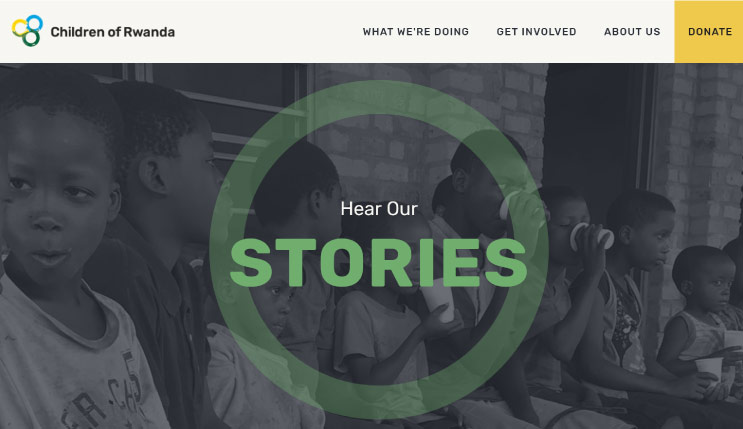21 Aug Finding the Best Version of Yourself
 So what is the best version of yourself?
So what is the best version of yourself?
You don’t know…nor do I. I don’t know what the best version of myself is. I am unlikely to know what the best version of you is. What I do know now(ish), is the version(s) of me I do not like and do not want to be (let’s get one thing clear, you’ll not be getting a list of what it will take to become the best version of you…sorry)!
I am 51-years old. How would I know what the best version of me is! I have not lived the life to tell the tale of the various versions of me there has or will be. Is that for somebody else to do?
Even then, that would be their version of me…somebody else’s could be different. What I have become has and continues to change over time.
What I mean to myself and many others has also changed over time too. Have I been the best version of myself during this time? Probably not! I suspect I have had good moments and bad moments depending on who’s yardstick or measures you’d like to use or focus on.
What do you focus on? What aspects of me should I consider in understanding or becoming the best version of me? For me, one of the most rewarding aspects of owning who we are is that we develop a much clearer idea of what we can contribute.
Giving back to others through sharing ideas, time and skills is one of the highest expressions of who are or what we can embody. When we shift our focus to contribution, helping others we can express some of our true self in the most meaningful way possible.
Unfortunately, sometimes that brings a desire for belonging, acceptance and comparison.

That desire for belonging and acceptance doesn’t just lead to comparison. We also want people to like us and validate us. As a consequence, a lot of us seek validation over connection.
When we seek validation, we change things about ourselves to become more like who we think other people want us to be. This strategy might be successful, in that we might end up receiving the validation we wanted. It may not meet our need for belonging and acceptance. Why?
Because we know deep down that the person being validated isn’t us—it’s who we’re pretending to be. What does meet our need for belonging and acceptance is connection. Connection requires us to take a risk.
When we focus on connection, reaching out, befriending, we detach ourselves from the need to be validated right now. Instead, we build a foundation where we can see other people for who they are and vice versa. When we prioritise connection, we won’t receive validation every time, that’s fine by me, as the connection is generally going to be far more genuine and fulfilling.
As such, who we surround ourselves to, the people, teams, gangs, friends, family members, colleague and tribes we associate with has a huge impact on our journey towards becoming who we are. Ideally, we want to create a ‘tribe’ filled with people who will support our quest, even join us.
During our journey, we may encounter different kinds of supporters. These are true believers, confidantes, helpers and messengers.
We want to aim to have a combination of all in our tribe. Then there is a final category, the naysayers, who try to undermine and stall our journeys.
To answer the question, what is the best version of myself, I ask myself the following:
- Who makes up my tribe?
- What kind of supporters do you have?
- How much time and energy do I spend with them
- How much time and energy do I spend on naysayers?
- What do I do to from my tribe to build who I am or who I want to be?
I generally find the answers to these have a bearing on who I am and what I am…or ought to be.
However, due to our neurological wiring, we still experience that drive to fit in and evaluate ourselves compared to others. The fact that we compare ourselves with other people doesn’t matter as much as what we do with those comparisons.
When we compare ourselves to people who are a few steps ahead of us in life, we have two choices. We can berate ourselves, wonder what’s wrong with us, and question our worth. Or, we can explore what our comparison is telling us. Dwell on the uncomfortable qualities, desires and needs that we disown and deny.
The things that annoy us most about ourselves or what we believe others think of us – usually a reflection of the things we refuse to own in ourselves. Or we could reflect/compare positively and helpfully.
Just as the behaviours and qualities in others that annoy us are a reflection of the things we do not own in ourselves, the things we compare ourselves to in others are usually a reflection of our unacknowledged potential. We see in them what we have yet to see in ourselves, and that’s what we connect with. Once we know this, we can use comparison to our advantage.
We can start looking for the underlying needs and desires. We can get curious about what our comparison is really telling us.
Most of all, we can start to dream bigger and expand our sense of what’s possible in our own lives….become the “best version of ourselves).

